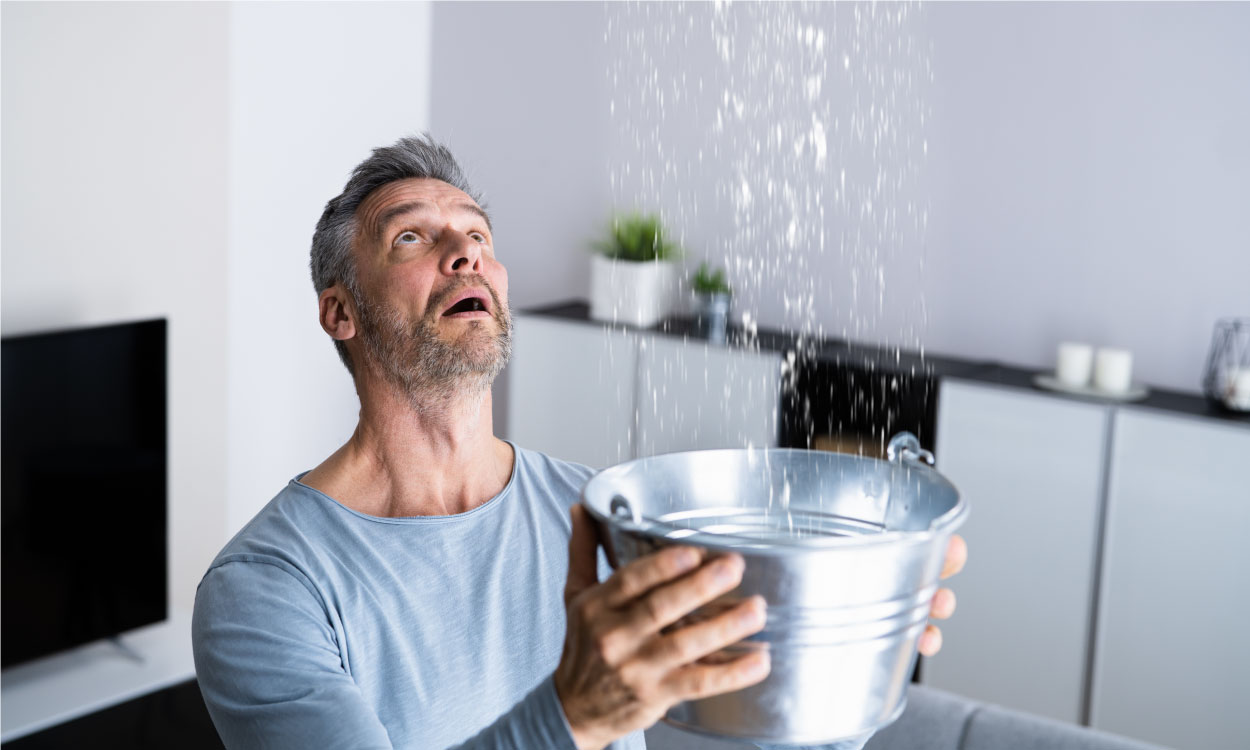

Articles
How Can I Tell If I Need Plumbing Repair
Modified: January 5, 2024
If you're unsure whether you need plumbing repair or not, read our informative articles for expert guidance and tips.
(Many of the links in this article redirect to a specific reviewed product. Your purchase of these products through affiliate links helps to generate commission for Storables.com, at no extra cost. Learn more)
Introduction
Plumbing is an essential part of our daily lives, providing us with clean water for drinking, cooking, and bathing, as well as removing waste from our homes. However, like any other system, plumbing can experience issues over time. It’s important to recognize the signs that indicate you may need plumbing repair to prevent further damage and costly repairs.
In this article, we will explore some common signs of plumbing issues and discuss how to identify when it’s time to seek professional help.
Whether you’re a homeowner or a tenant, understanding these signs can help you address plumbing problems before they become major headaches.
So, let’s dive in and learn how to tell if you need plumbing repair!
Key Takeaways:
- Don’t ignore slow draining, leaky faucets, or low water pressure – they could be signs of plumbing issues. Address them promptly to prevent costly repairs and water wastage.
- Strange noises, foul odors, and water discoloration are warning signs of plumbing problems. Act quickly and consult a professional plumber to maintain a healthy and efficient plumbing system.
Read more: How To Tell Which Toilet Seat I Need
Common Signs of Plumbing Issues
Plumbing issues can manifest in various ways, and it’s important to be able to recognize the signs. Here are some common indicators that may suggest you have a plumbing problem:
- Slow Draining or Clogged Pipes: If your sinks, showers, or toilets are slow to drain or frequently clogged, it could indicate a blockage in your pipes. This can be caused by a buildup of debris, grease, or even tree roots invading your sewer lines. If left untreated, clogs can cause further damage to your plumbing system.
- Leaky Faucets or Fixtures: A dripping faucet or leaking fixture can waste a significant amount of water over time and lead to higher water bills. Additionally, it can indicate a problem with the valve or seal, and if not resolved, it can cause further damage to the fixture or surrounding areas.
- Low Water Pressure: If you notice a significant decrease in water pressure, it may be a sign of a larger plumbing issue. This could be due to pipe blockages, water leaks, or even problems with the municipal water supply. It’s crucial to address low water pressure as it can impact daily tasks like showering and washing dishes.
- Strange Noises: Unusual noises coming from your pipes, such as banging, rattling, or whistling, can indicate underlying plumbing issues. These noises may occur when turning on or off faucets, flushing toilets, or running appliances. They may be a result of water hammer, loose pipes, or even a faulty valve. Ignoring these sounds can lead to more serious problems down the line.
- Foul Odors: If you detect foul smells coming from your drains, it could be a sign of a sewer or drain issue. This unpleasant odor may be caused by a buildup of food debris, a blocked sewer line, or a malfunctioning vent system. It’s essential to address these odors promptly to maintain a healthy and comfortable living environment.
These are just a few of the common signs that may indicate you need plumbing repair. It’s always best to consult with a professional plumber to accurately diagnose and resolve any issues with your plumbing system. They have the expertise and tools to provide effective solutions and prevent further damage.
Slow Draining or Clogged Pipes
One of the common signs of plumbing issues is experiencing slow draining or clogged pipes. It can be frustrating to deal with sinks, showers, or toilets that take an eternity to drain, or worse, become completely blocked. This issue can disrupt your daily routine and lead to water damage if left unaddressed.
There are several factors that can contribute to slow draining or clogged pipes. One of the main culprits is a buildup of debris and sediment over time. This can include hair, soap scum, grease, food particles, and even mineral deposits. As these substances accumulate, they can gradually block the flow of water through the pipes, resulting in slow drainage or complete blockage.
In some cases, clogged pipes can be resolved with simple DIY methods. For minor clogs, you can try using a plunger to dislodge the blockage. However, if the clog persists or recurs frequently, it may require professional intervention.
A professional plumber has specialized tools and techniques to effectively address clogged pipes. They may use a plumbing snake or auger to break through the clog and restore proper water flow. Additionally, they can perform a thorough inspection of the plumbing system to identify any underlying issues that may be contributing to the clogs.
It’s important to note that while DIY methods can provide temporary relief, they may not fully resolve the issue. In fact, some DIY remedies can even cause further damage to the pipes or worsen the clog. It’s always best to consult with a professional plumber who can provide expert advice and long-lasting solutions.
Regular maintenance can also help prevent clogged pipes. Avoid pouring grease, oil, or food scraps down the drains, as they can solidify and cause blockages. Use drain guards or strainers to catch hair and other debris before they enter the pipes. Additionally, periodic professional drain cleaning can help remove any buildup and ensure the smooth flow of water.
Remember, slow draining or clogged pipes should not be ignored. They can lead to more serious plumbing issues, such as burst pipes or sewer backups, which can cause extensive damage and costly repairs. Addressing these issues promptly can save you time, money, and headaches in the long run.
Leaky Faucets or Fixtures
If you’ve ever dealt with a leaky faucet or fixture, you know how frustrating and wasteful it can be. Not only does the constant dripping sound drive you crazy, but it can also lead to increased water bills and potential damage to your fixtures and surrounding areas.
Leaky faucets and fixtures are common plumbing issues that should not be ignored. They usually occur due to worn-out or damaged seals, valves, or O-rings within the faucet or fixture mechanism. Over time, these components can deteriorate, causing water to escape through tiny openings and result in leaks.
One of the first signs of a leaky faucet is the continuous dripping of water, even when the faucet is fully closed. This can waste gallons of water each day if left untreated. Additionally, if the leak is severe, it may lead to a steady flow of water, causing water damage to your countertops, cabinets, or floors.
Fixing leaky faucets and fixtures can range from simple DIY tasks to more complex repairs that require the assistance of a professional plumber. In some cases, tightening or replacing the worn-out components can solve the issue. However, it’s important to ensure that you have the proper tools and knowledge to handle the repair safely.
For more complex leaks or if you’re unsure of how to proceed, it’s best to consult with a professional plumber. They have the expertise to identify the root cause of the leak and provide a proper solution. They may need to replace valves, O-rings, or other internal components to stop the leakage effectively.
Addressing leaky faucets and fixtures not only saves you money on water bills but also helps conserve water, which is a precious resource. Every drop counts, and by fixing leaks, you contribute to water conservation efforts and reduce your environmental footprint.
Remember, ignoring a leaky faucet can lead to more significant damage and costly repairs in the future. Don’t put off fixing these issues – seek professional help if needed and enjoy the benefits of a leak-free plumbing system.
Low Water Pressure
Low water pressure is a common plumbing issue that can significantly impact your daily activities and frustrate homeowners and tenants alike. If you’ve ever experienced a weak flow of water from your faucets, showers, or other plumbing fixtures, you know how inconvenient and annoying it can be.
There are several potential causes of low water pressure. One common reason is a blockage or restriction somewhere in the plumbing system. This can occur due to mineral deposits, sediment, or debris buildup in the pipes, leading to reduced water flow. In some cases, the blockage may be localized to a specific fixture or affect the entire plumbing system.
Another possible cause of low water pressure is a leaking or damaged pipe. When pipes are compromised, such as from corrosion or age-related degradation, they may develop leaks that reduce the overall water flow. Additionally, water leaks can cause damage to the surrounding areas and result in further plumbing issues if not addressed promptly.
Low water pressure can also be influenced by external factors such as the municipal water supply. If there is an issue with the water main or a sudden increase in demand from nearby properties, it can interfere with the water pressure in your home.
To determine the cause of low water pressure, it’s essential to perform some troubleshooting steps. Start by checking the water pressure in different areas of your home to see if the issue is localized or affecting the entire property. You can also inspect visible pipes for signs of leaks. If you’re unable to identify the cause or resolve the issue on your own, it’s advisable to seek the assistance of a professional plumber.
A professional plumber has the knowledge and expertise to diagnose and address low water pressure problems effectively. They can perform a thorough inspection of your plumbing system, identify any underlying issues, and provide appropriate solutions. This may involve clearing blockages, repairing or replacing damaged pipes, or adjusting the water pressure regulator.
Remember, low water pressure can impact various household tasks, from showering and washing dishes to watering the garden. Don’t just accept it as a normal inconvenience – take action to restore proper water flow and ensure a smooth plumbing experience in your home.
Read more: When Do I Need A Plumbing Permit
Strange Noises
Have you ever been startled by strange noises coming from your plumbing system? Plumbing systems are designed to operate silently, so when you hear banging, rattling, whistling, or other unusual sounds, it’s a clear sign that something is amiss.
Strange plumbing noises can have various causes, and identifying the source of the noise is crucial for resolving the issue. Here are some common noises and their potential causes:
Banging or Hammering: If you hear a loud banging noise when you turn on or off a faucet, it’s often referred to as “water hammer.” This occurs when the flow of water is suddenly stopped or redirected, causing pressure to build up and create a hammering effect. Water hammer can be caused by loose pipes, inadequate air chambers, or high water pressure. Installing water hammer arrestors or adjusting your water pressure regulator can help eliminate the noise.
Rattling or Vibrating: If your pipes are rattling or vibrating, it may be a result of loose or improperly secured pipes. As water flows through the plumbing system, it can cause pipes to shake, leading to these noises. Securing loose pipes with pipe straps or adding cushioning materials can help eliminate the rattling or vibrating sounds.
Whistling: A high-pitched whistling noise when you turn on a faucet or shower can indicate a problem with the internal components of the fixture. It is often caused by a worn-out or faulty valve or washer. Replacing these components can help eliminate the whistling noise and ensure proper water flow.
Gurgling or Bubbling: If you hear gurgling or bubbling sounds coming from your drains or toilet, it may be a sign of a drain or sewer issue. These noises can occur when there is a partial blockage in the pipes, preventing the smooth flow of water and air. A professional plumber can perform a thorough drain cleaning or inspection to clear any debris or obstructions causing the gurgling or bubbling noises.
If you’re unsure about the cause of the strange plumbing noises, or if the noise persists even after attempting DIY solutions, it’s best to consult with a professional plumber. They can investigate the issue, identify the root cause, and provide the necessary repairs or adjustments.
Ignoring strange plumbing noises can lead to more significant problems down the line, including leaks, pipe damage, or even a complete system failure. By addressing these noises promptly, you can ensure the integrity and functionality of your plumbing system for years to come.
Look for signs of water leaks, such as damp spots, mold, or a musty smell. Low water pressure, slow drains, or unusual noises can also indicate the need for plumbing repair.
Foul Odors
One of the most unpleasant signs of plumbing issues is the presence of foul odors in your home. If you’ve noticed a lingering, unpleasant smell coming from your drains or toilets, it’s important not to ignore it. Foul odors can indicate underlying plumbing problems that require attention.
There are several potential causes of foul odors in your plumbing system. Here are a few common culprits:
Drain Buildup: Over time, debris, grease, and other organic matter can accumulate inside your drains. This buildup can create a breeding ground for bacteria, leading to foul odors emanating from your sinks, showers, or floor drains. Regular drain cleaning and maintenance can help prevent this issue.
Sewer Line Issues: If you detect a strong sewage-like smell in your home, it may indicate a problem with your sewer lines. A blockage, crack, or leak in your sewer line can cause sewer gases to seep into your living space, resulting in foul odors. Sewer line issues require immediate attention from a professional plumber to prevent further damage and health hazards.
Faulty Ventilation: Plumbing systems utilize ventilation pipes to allow air to circulate, preventing the buildup of negative pressure. If there is a problem with your ventilation system or if the vents become blocked or damaged, it can result in foul odors. A plumber can inspect and repair your ventilation system to restore proper airflow.
Leaking Pipes: A leak in your plumbing system can lead to mold and mildew growth, which can create musty odors. If you notice a musty smell in your home or detect damp areas, it may indicate a hidden water leak that needs to be addressed by a professional plumber.
Addressing foul odors in your plumbing system often requires the expertise of a professional plumber. They have the knowledge and tools to diagnose the underlying issue and implement the appropriate solution. Whether it’s a simple drain cleaning, sewer line repair, or pipe replacement, they can help eliminate the source of the foul odors and restore a fresh and pleasant environment in your home.
Remember, foul odors should not be masked with air fresheners or chemical sprays. It’s crucial to address the root cause to maintain a healthy living space and prevent further plumbing problems.
Increased Water Bills
Have you noticed a sudden and significant increase in your water bills? If so, it’s important to investigate the cause, as it could be a sign of underlying plumbing issues. Ignoring the rise in your water bills can lead to unnecessary expenses, wasted water, and potential damage to your home.
There are several possible reasons for increased water bills:
Leaking Pipes: Undetected water leaks can result in a significant waste of water and an inflated water bill. Even a small, steady leak can add up over time. Check for signs of water damage, dampness, or mold growth in your home, as these can be indicators of hidden leaks. If you suspect a leak, it’s crucial to enlist the help of a professional plumber to locate and repair the source of the leakage.
Running Toilets: A running toilet can be a silent culprit behind increased water bills. A faulty flapper or overflow valve can cause the toilet to continuously run, wasting a substantial amount of water. To determine if your toilet is running, add a few drops of food coloring to the tank and observe if the colored water seeps into the bowl without flushing. If it does, it’s time to repair or replace the faulty components.
Increased Water Usage: Assess your water usage habits to see if any changes may have contributed to the higher bills. Have you recently added new appliances or fixtures that require more water? Are you watering your garden more frequently? Identifying any changes in your water consumption patterns can help explain the increase in your bills.
Meter Accuracy: Occasionally, water meter malfunctions or inaccuracies can result in higher bills. If you suspect that your water meter is not functioning correctly, contact your local water utility provider to have it inspected and calibrated if necessary.
To address increased water bills, it’s essential to investigate the underlying cause. If you’re unable to pinpoint the problem or if the issue persists, seeking the assistance of a professional plumber is advisable. They can conduct a thorough inspection of your plumbing system, identify leaks or inefficiencies, and recommend appropriate repairs or adjustments.
Remember, taking action to address increased water bills not only saves you money, but it also promotes water conservation, which is essential for our environment. By addressing plumbing issues promptly, you can enjoy the benefits of a more efficient and cost-effective plumbing system.
Water Discoloration
Water is supposed to be clear and clean, so when you turn on your faucet and notice a change in color, it can be quite alarming. Discolored water is a common plumbing issue that should not be ignored, as it can indicate problems within your plumbing system or the water supply itself.
There are various causes of water discoloration:
Sediment and Rust: If your water appears brown, yellow, or reddish in color, it is likely due to the presence of sediment or rust in your plumbing pipes. Over time, minerals and rust particles can accumulate in the pipes and affect the water quality. This can be caused by aged or deteriorating pipes, or it may be a result of disturbances in the municipal water system.
Corroded Pipes: Water discoloration can also occur when pipes corrode and release metal particles into the water. This can give the water a metallic or bitter taste, and it may appear discolored or murky. Corroded pipes should be addressed promptly to prevent further damage and ensure the safety of your water supply.
Water Supply Issues: In some cases, water discoloration may be caused by problems within the municipal water supply. This can include issues such as water main breaks, maintenance work, or changes in the water source. If your neighbors are also experiencing water discoloration, it is likely a result of the public water system rather than a problem specific to your property.
When you encounter water discoloration, it’s important to take action to identify the cause. Here are some steps you can take:
Check with Neighbors: Talk to your neighbors to see if they are experiencing similar water discoloration issues. If they are, it suggests a problem with the municipal water supply, and you should contact the local water utility provider to report the issue.
Run Cold Water: Run cold water from your faucet for a few minutes to see if the discoloration persists. If the water eventually clears up, it may indicate sediment or rust disturbance within your plumbing system. If the discoloration continues, it’s crucial to contact a professional plumber to assess the problem.
Contact a Professional Plumber: If the water discoloration is persistent or accompanied by other plumbing issues, such as low water pressure or strange odors, it’s best to consult with a professional plumber. They can accurately diagnose the cause of the discoloration and provide appropriate solutions.
Water discoloration may be an indication of a larger problem within your plumbing system or the water supply. By addressing this issue promptly, you can ensure the quality and safety of your water and prevent any further complications.
Read more: Where Can I Buy Calipers
Inconsistent Water Temperature
Having access to hot water is essential for activities such as bathing, washing dishes, and doing laundry. So, when you experience inconsistent water temperature, it can be quite frustrating and disruptive to your daily routine. Inconsistent water temperature can manifest in various ways, such as sudden changes in temperature during a shower or fluctuations in water temperature throughout the house.
There are several potential causes of inconsistent water temperature:
Malfunctioning Water Heater: If you have a water heater, it may be the source of the problem. Over time, water heaters can develop issues such as sediment buildup, a faulty thermostat, or a malfunctioning heating element, leading to inconsistent water temperatures. A professional plumber can inspect and service your water heater to resolve these issues and restore consistent hot water supply.
Water Pressure Imbalance: In some cases, inconsistent water temperature can occur due to an imbalance in water pressure between hot and cold water lines. If the pressure is not evenly distributed, it can affect the mixing of hot and cold water, resulting in fluctuating temperatures. A plumber can assess your plumbing system and make the necessary adjustments to balance the water pressure.
Thermostat Issues: If you have a single-handle faucet or shower valve, inconsistent water temperature may be caused by a faulty or misaligned thermostat. This can prevent the valve from effectively regulating the temperature, resulting in sudden temperature changes. A plumber can examine and repair or replace the faulty component to restore temperature consistency.
Failed Mixing Valve: Some plumbing systems utilize a mixing valve to control the temperature of the water that flows through your faucets and showers. If the mixing valve fails or becomes faulty, it can lead to inconsistent water temperatures. A professional plumber can diagnose the issue and replace the mixing valve, ensuring consistent hot water supply.
It’s important to address inconsistent water temperature promptly, as it can hinder your daily activities and affect your comfort at home. To determine the root cause of the problem and ensure accurate repairs, it is recommended to consult with a professional plumber. They have the knowledge, experience, and tools to identify and resolve issues related to water temperature inconsistencies.
Remember, consistent hot water is crucial for your comfort and convenience. By seeking professional help, you can enjoy reliable and comfortable water temperatures throughout your home.
Conclusion
Plumbing issues can occur unexpectedly and disrupt our daily lives. Recognizing the signs that indicate the need for plumbing repair is crucial for maintaining the functionality and integrity of your plumbing system.
In this article, we have explored common signs of plumbing issues, including slow draining or clogged pipes, leaky faucets or fixtures, low water pressure, strange noises, foul odors, increased water bills, water discoloration, and inconsistent water temperature.
Identifying these signs early on allows you to take prompt action and prevent further damage to your plumbing system. While some minor plumbing issues can be addressed through DIY methods, it is always advisable to consult with a professional plumber for accurate diagnosis and long-lasting solutions.
By addressing plumbing issues promptly, you can minimize costly repairs, unnecessary water consumption, and potential health hazards. Additionally, proper plumbing maintenance and regular inspections can help prevent plumbing problems before they become major headaches.
Remember, taking care of your plumbing system not only ensures the comfort and functionality of your home but also contributes to water conservation efforts and reduces your environmental impact.
So, if you notice any of the signs discussed in this article, don’t hesitate to seek professional help and get your plumbing system back in proper working order.
Stay proactive, address plumbing issues promptly, and enjoy the peace of mind that comes with a well-maintained and efficient plumbing system in your home.
Frequently Asked Questions about How Can I Tell If I Need Plumbing Repair
Was this page helpful?
At Storables.com, we guarantee accurate and reliable information. Our content, validated by Expert Board Contributors, is crafted following stringent Editorial Policies. We're committed to providing you with well-researched, expert-backed insights for all your informational needs.
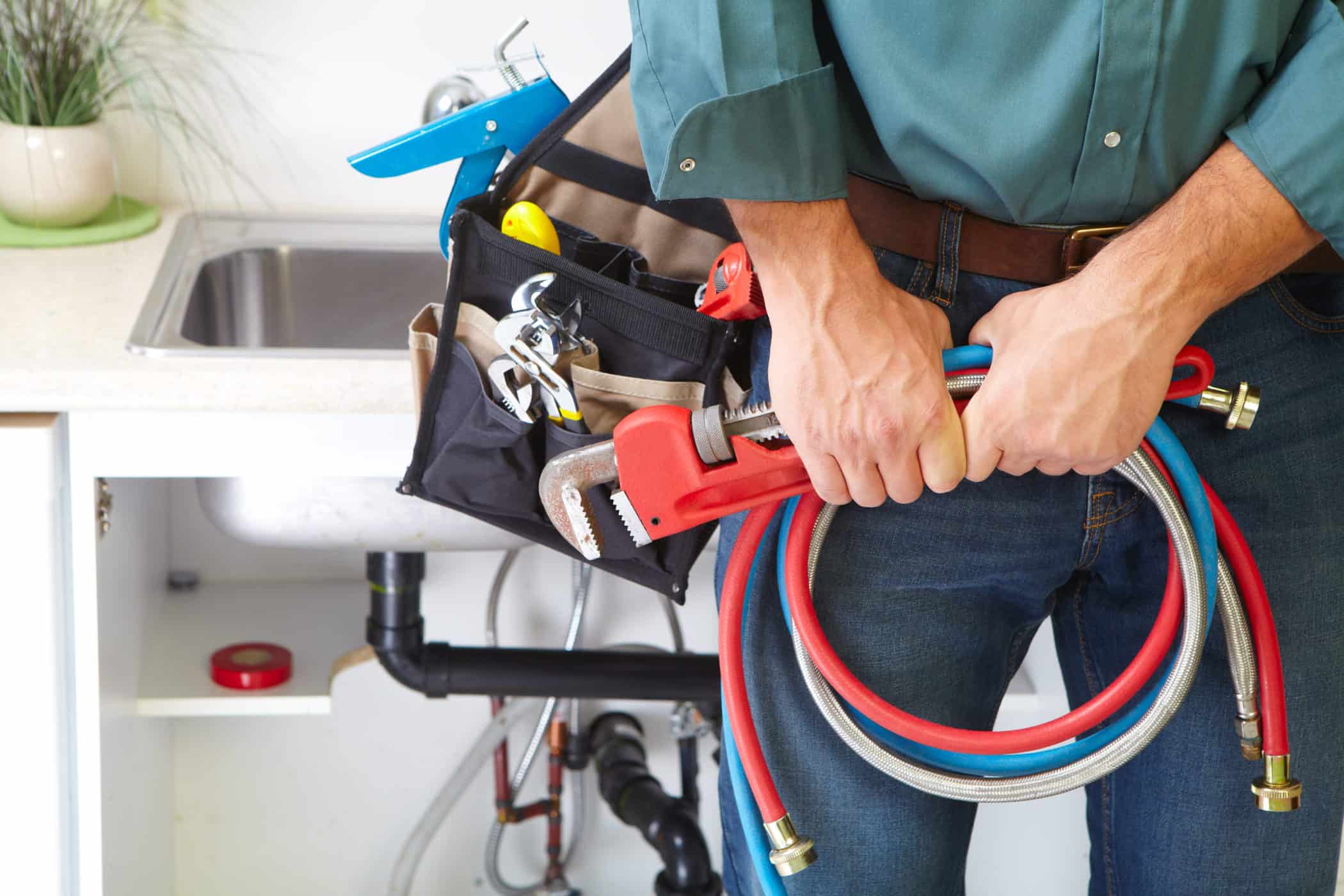
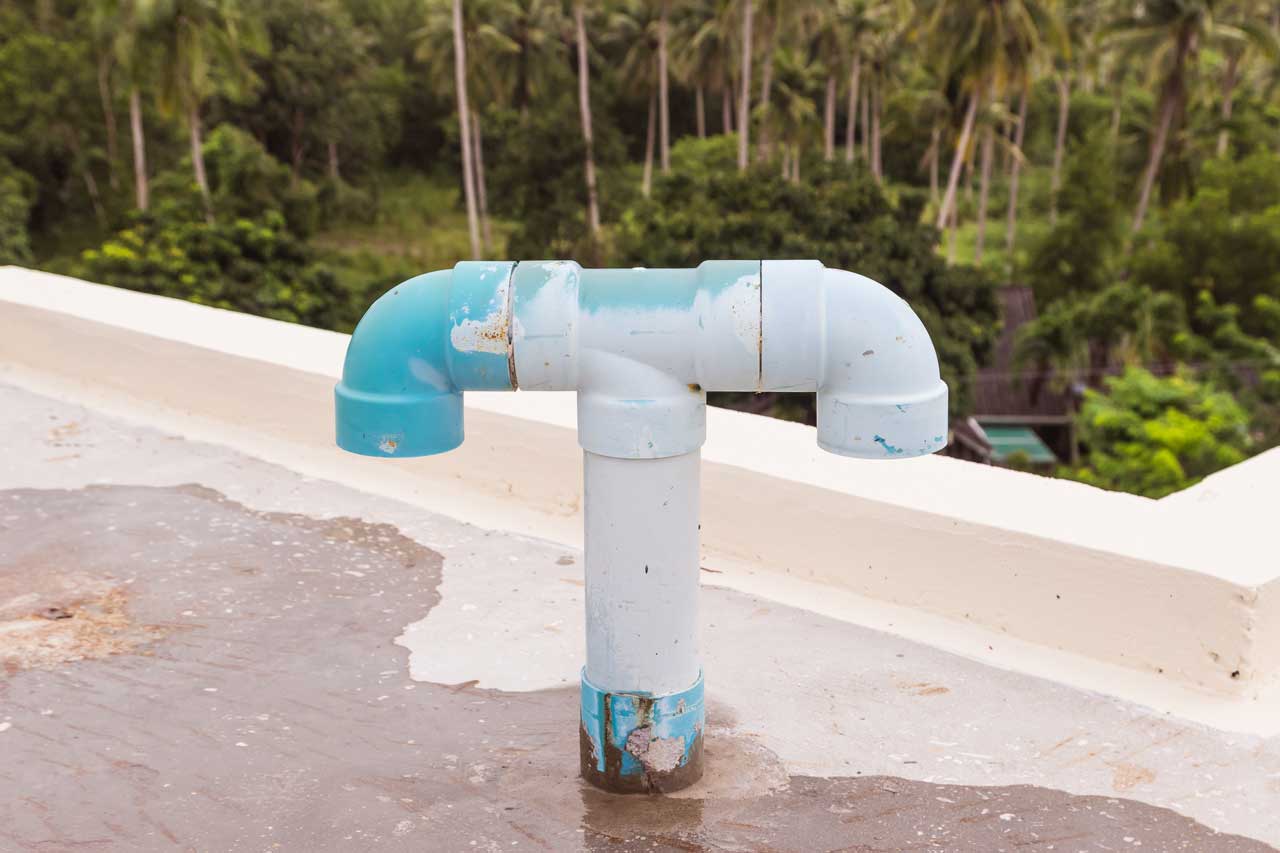
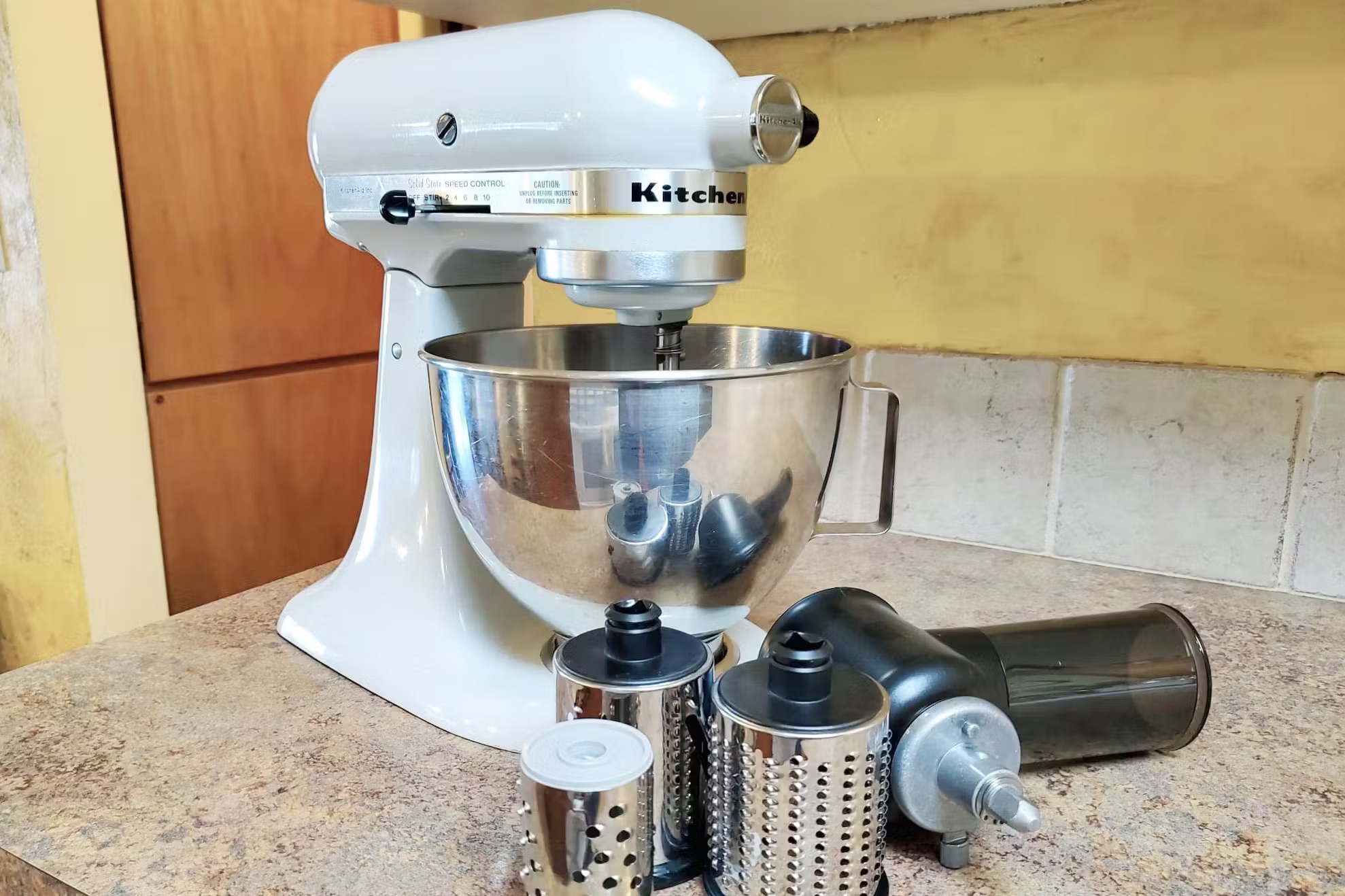
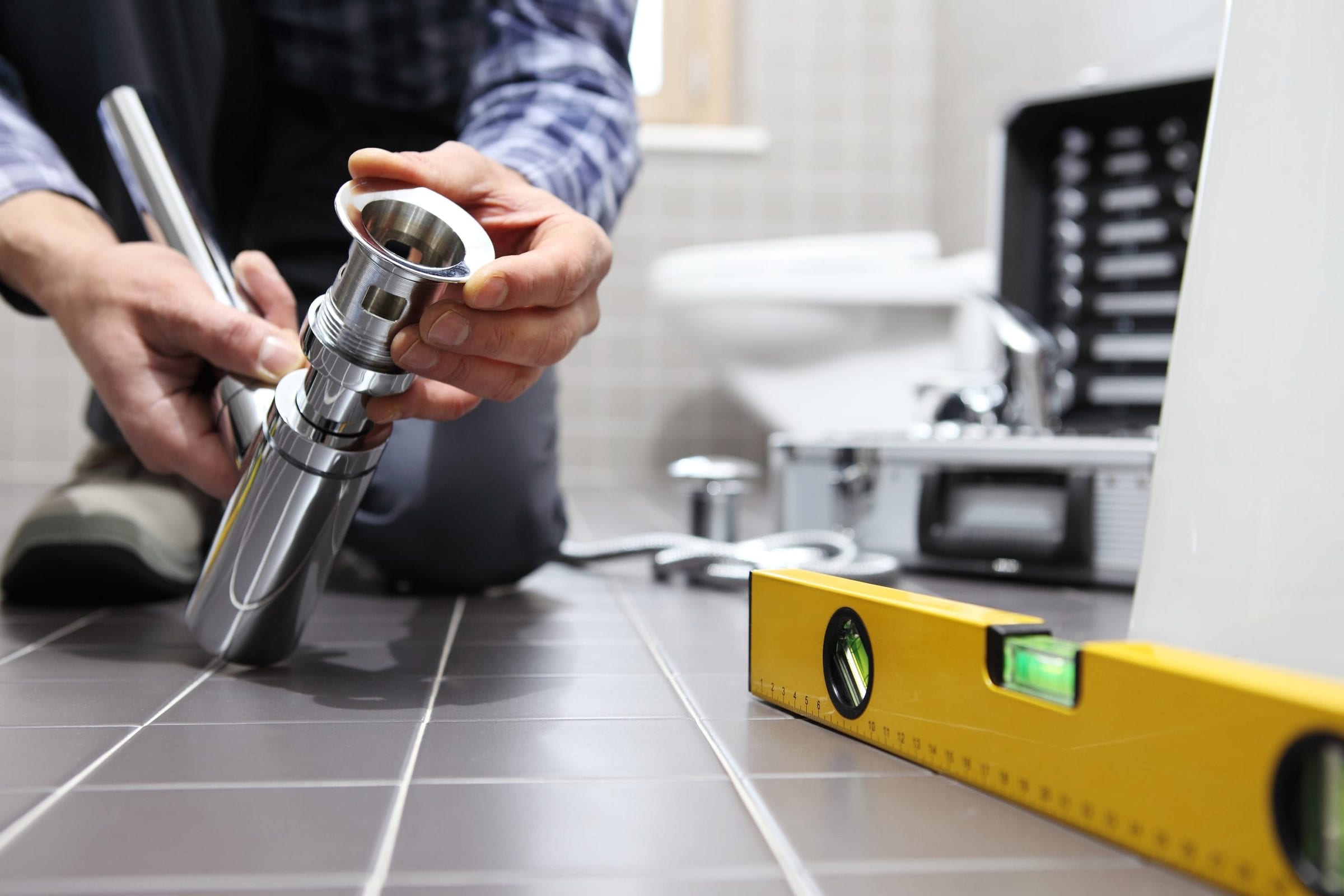
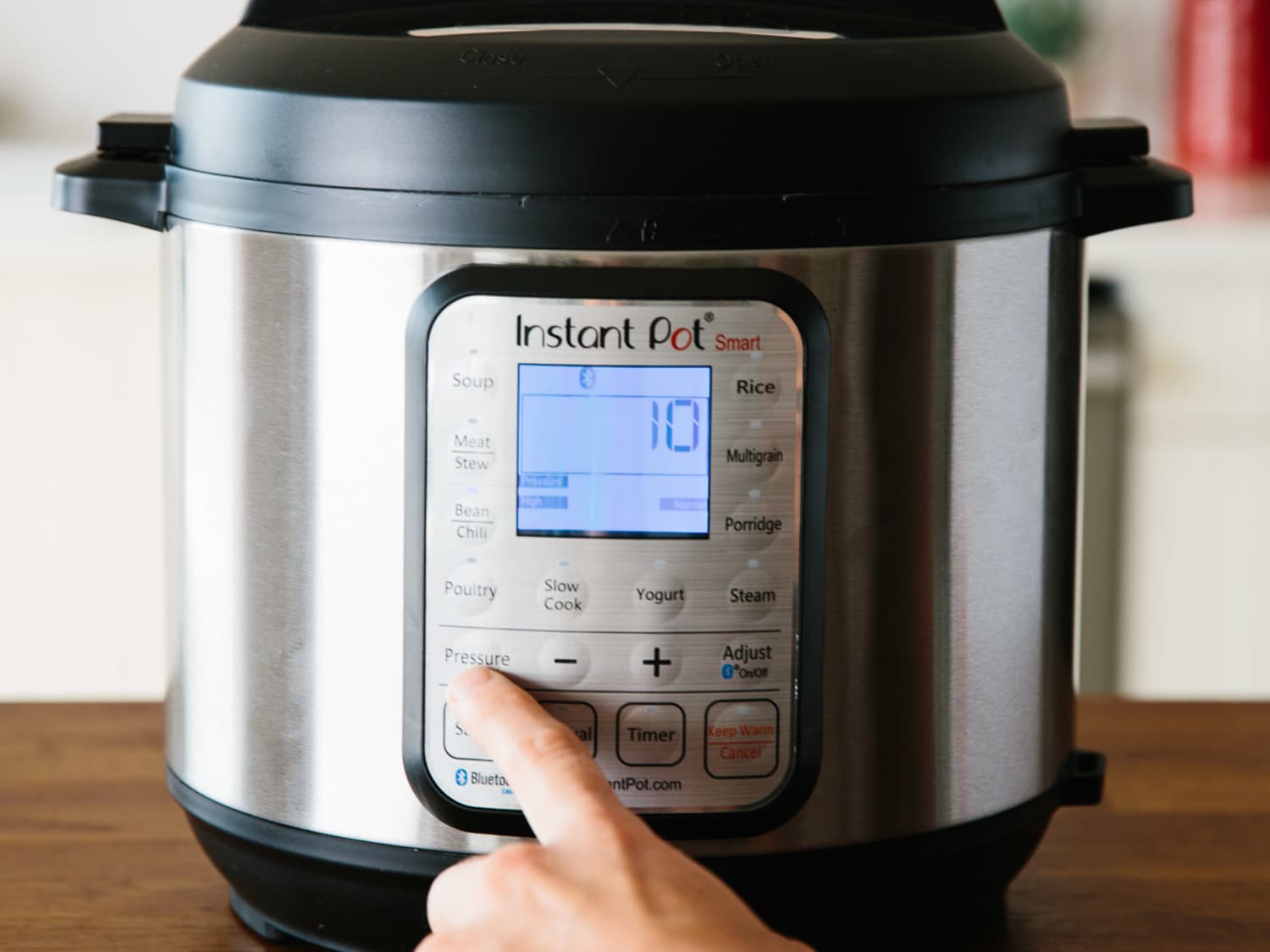
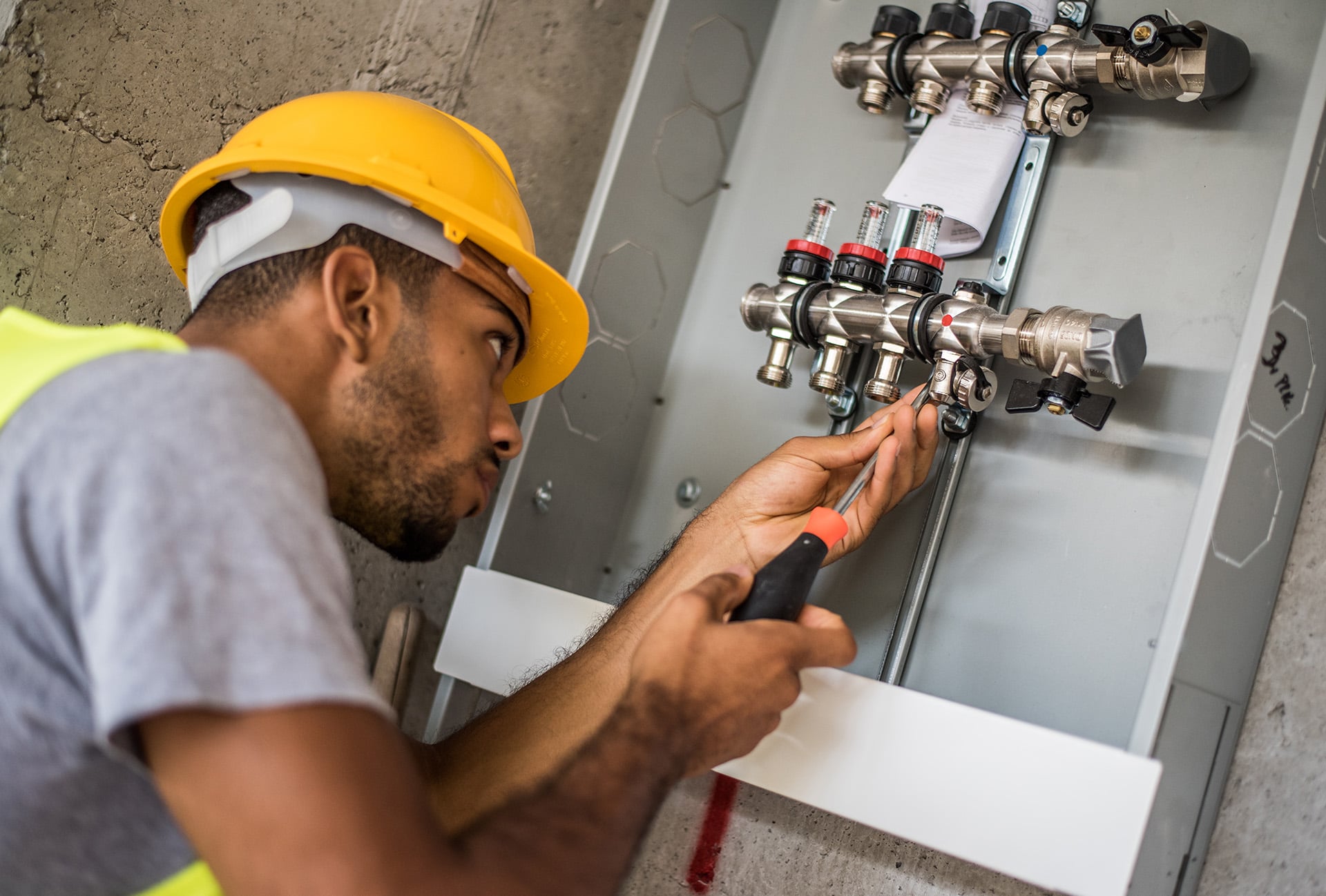
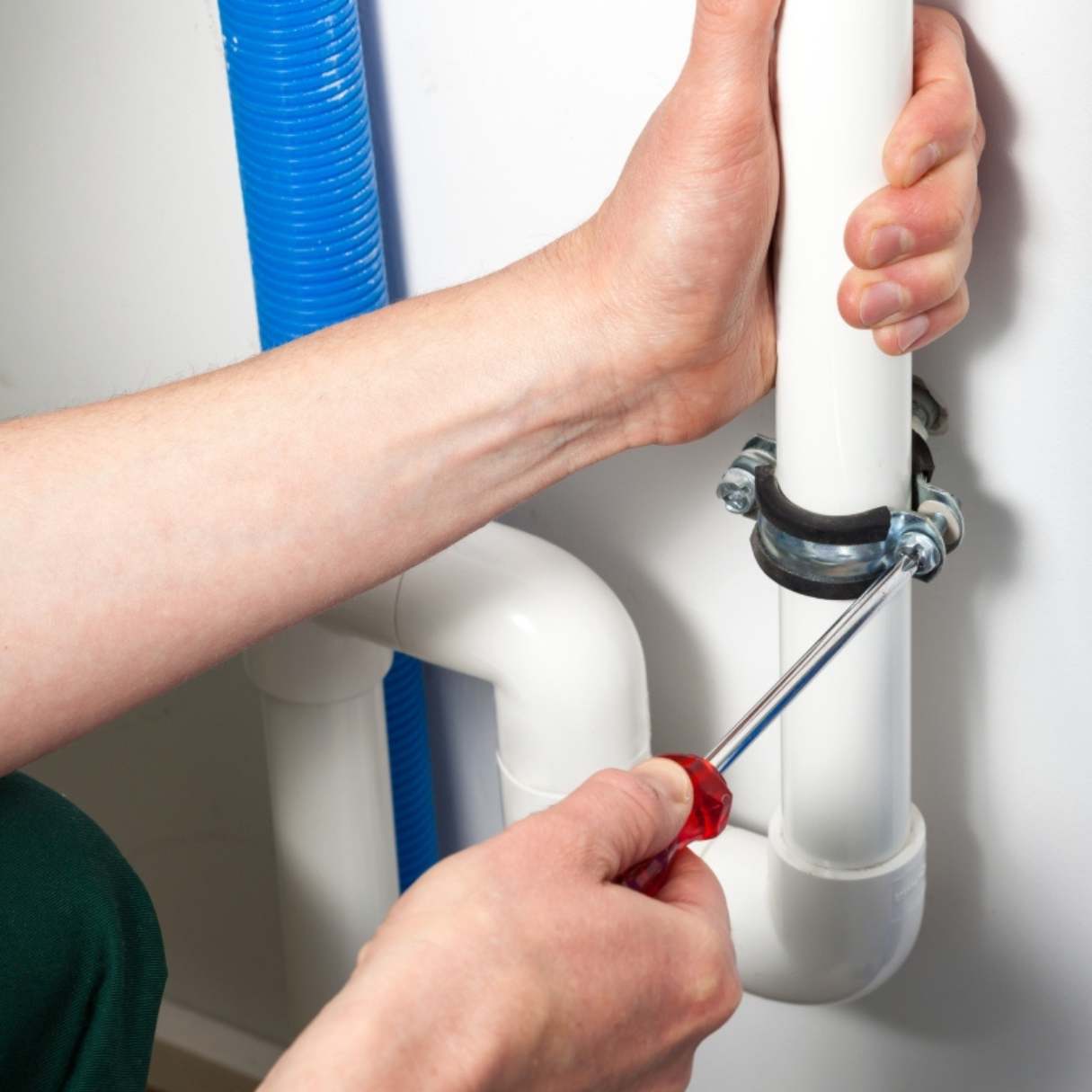
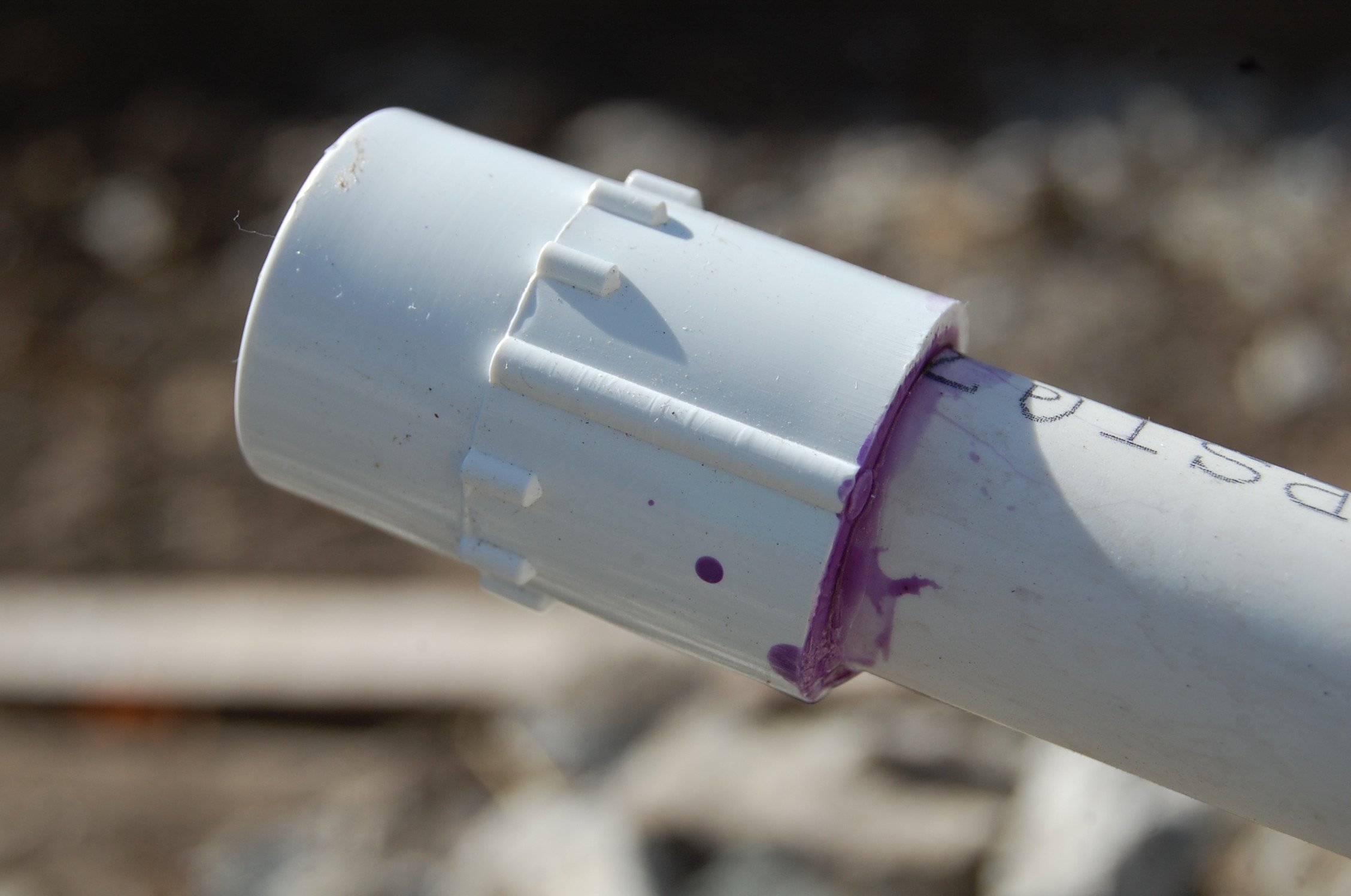
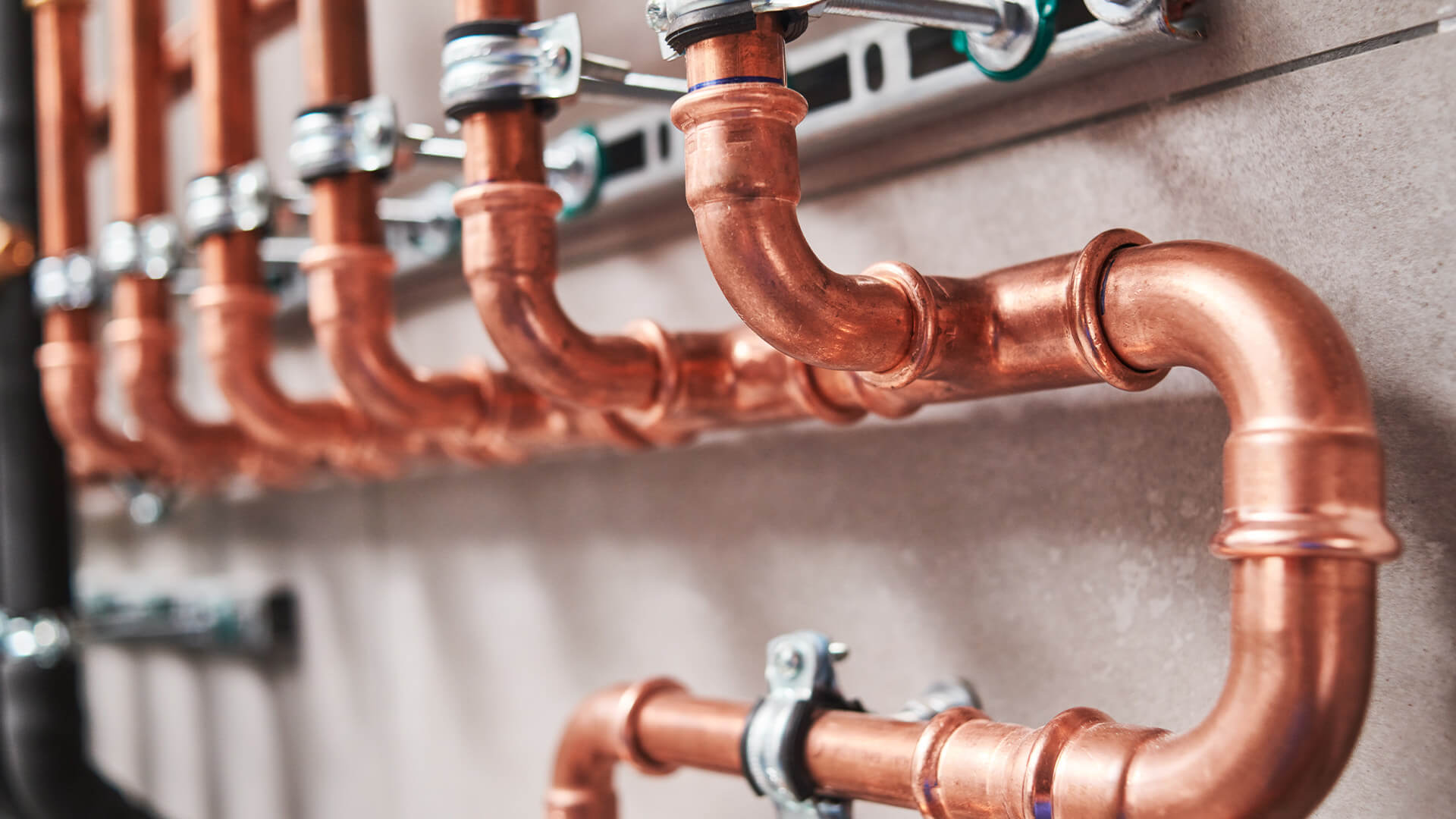
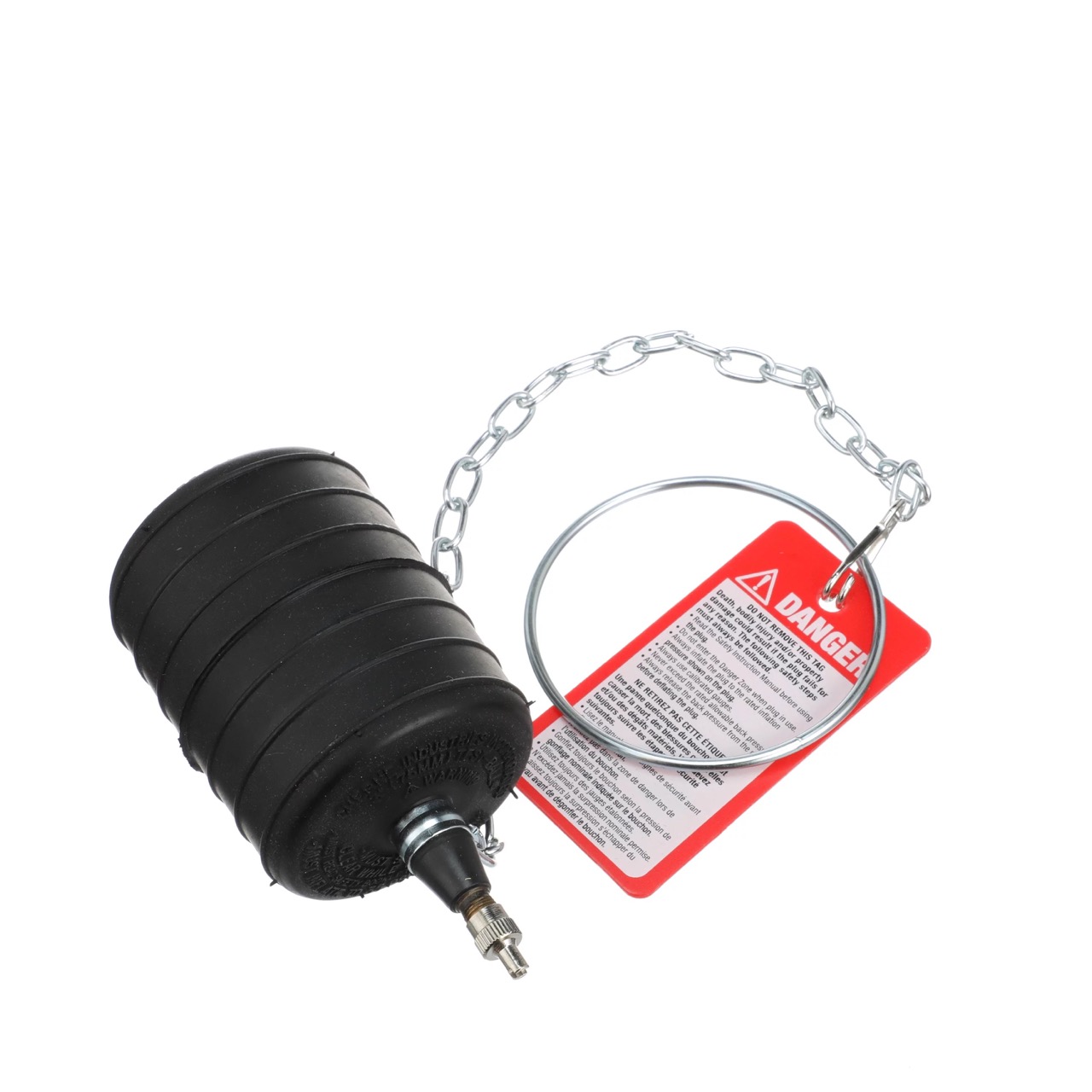
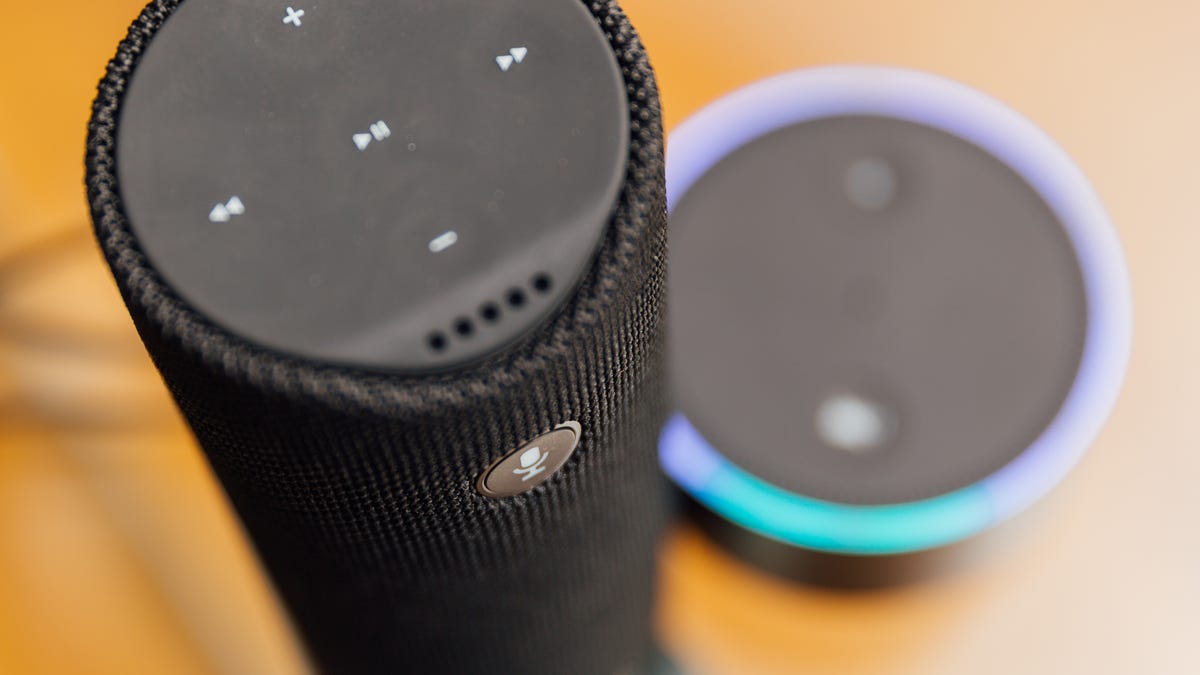
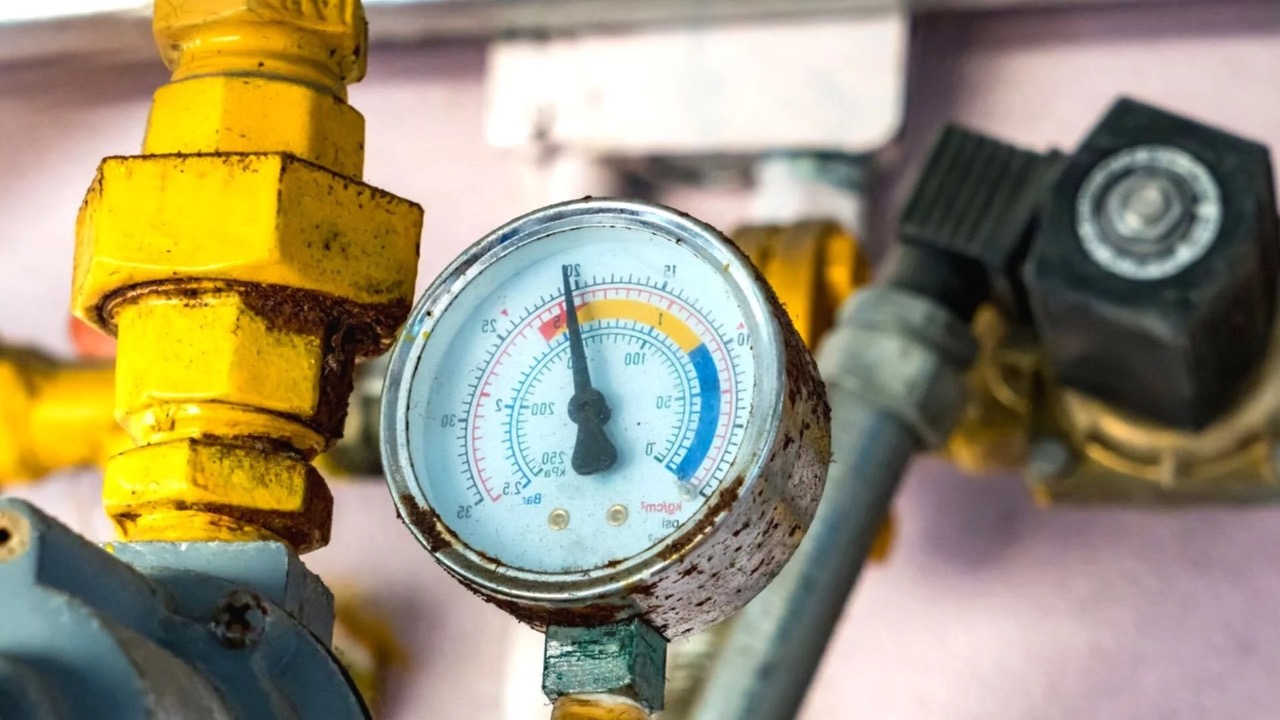
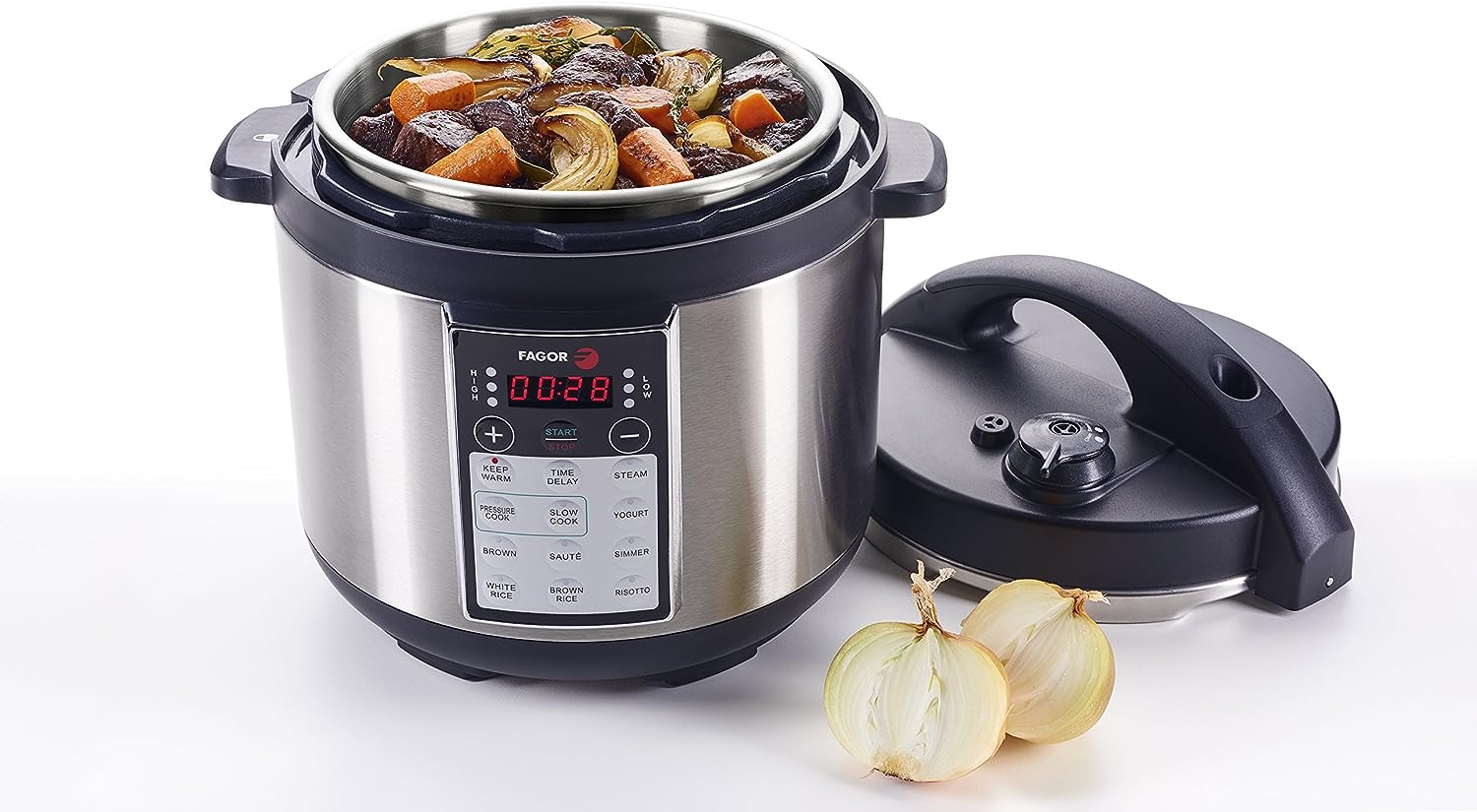

0 thoughts on “How Can I Tell If I Need Plumbing Repair”